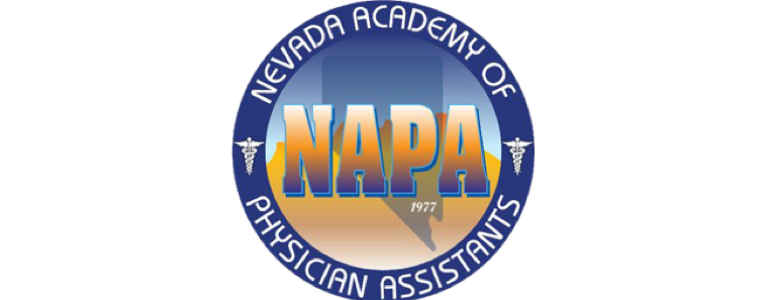Government Report from Treasury Dept, HHS, and Labor Dept Supports PAs and Scope of Practice Changes
Posted about 7 years ago
This announcement has 1 attachment:
2018 Excerpts from: Reforming America’s Healthcare System Through Choice and Competition
The original report was prepared by the Department of Health and Human Services (HHS) in collaboration with the Departments of the Treasury and Labor, the Federal Trade Commission, and several offices within the White House
Section 3: Government Healthcare Policies and Their Effect on Competition: Scope of Practice
“When state regulators impose excessive entry barriers and undue restrictions on scope of practice (SOP) for particular types of providers, they often are not responding to legitimate consumer protection concerns. There is a risk that healthcare professionals with overlapping skill sets will seek these restrictions; they view SOP restrictions as an easy, state-sanctioned opportunity to insulate themselves from competition. The risk of anti-competitive harm may be even greater when the regulatory board that imposes SOP restrictions on one occupation is controlled by members of another, overlapping occupation that provides complementary or substitute services, and the board members are themselves active market participants with a financial stake in the outcome.”
“For example, advanced practice registered nurses (APRNs), physician assistants (PAs), pharmacists, optometrists, and other highly trained professionals can safely and effectively provide some of the same healthcare services as physicians, in addition to providing complementary services.”
“Extremely rigid collaborative practice agreements and other burdensome forms of physician and dentist supervision are generally not justified by legitimate health and safety concerns. Thus, many states have granted full practice authority to APRNs, but there is significant room for improvement in other states and for other professions.”
Recommendations made in the report applicable to Physician Assistants: Broaden Scope of Practice
“States should consider changes to their scope-of-practice statutes to allow all
healthcare providers to practice to the top of their license, utilizing their full skill
set.”
“The federal government and states should consider accompanying legislative and
administrative proposals to allow non-physician providers to be
paid directly for their services .”
“ States should consider eliminating requirements for rigid collaborative practice
and supervision agreements between physicians and their care
extenders (e.g., physician assistants) that are not justified by legitimate
health and safety concerns.”
